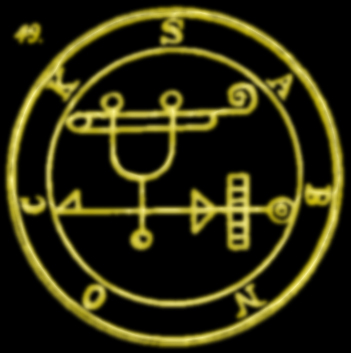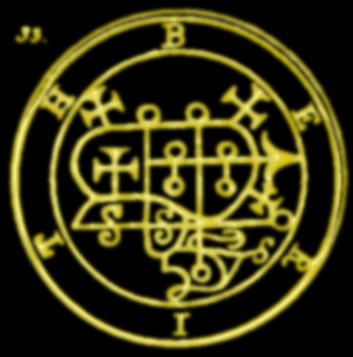The cool thing about being a reverend as well as a scientist is that I can still enjoy this article from the BBC: Hints of ‘time before Big Bang’
See, the scientist in me keeps me from forgetting the rules of science, including the big one right at the top, which says, “If you can’t test your hypothesis, it’s not science.” The bulk of cosmology is conjecture and extrapolation, which is to say, mythology. If your conjecture and extrapolation lends itself to being supported or disproved by later observation, it’s a step closer to science. If your conjecture produces a list of things to look for that would support it or disprove it, then it may in fact be a legitimate hypothesis and is most probably actually science—or as close as you can get without a lab.
The part of cosmology that makes it difficult to be a science is the fact that it doesn’t readily fit into a lab yet. You can’t attempt to produce effects on a cosmological scale under controlled conditions.
And if you discover a way to do so, please don’t do it in my backyard. Or in the galaxy where I keep all my stuff.
Where the reverend part fits in is that I do enjoy mythology. There is a kind of logic that applies to it. There are tests for internal consistency. You can completely evaluate the worth of a myth in terms of the axioms it posits, applied to itself.
But you can’t really test a myth for anything other than consistency. That’s basically the same thing we do with science, except we use equipment.
The story they present here is a pretty one, one of universes giving quiet, surreptitious birth to children universes, and somehow they tie this into the here-to-fore inexplicable arrow of time. (You should read it and any supporting material [which seems, on the surface, to leave out the possibility that the cosmic background radiation might appear to be asymmetric with respect to us because we’ve surfed a bit down the face of the wave, as it were] and see if you can make out what they’re saying.)
That’s not surprising. Myths are constructed to make us more comfortable with the unknown. Which currently includes entropy (the way we can tell the past from the future) and gravity and the reason the universe appears to be expanding. It would be comforting if we could tie up all of those into one neat and elegant story—comforting like God Himself is comforting—but it’s still nothing but a story, a myth, until we can use the story to make predictions and then test those predictions with controlled observations.
[*]






